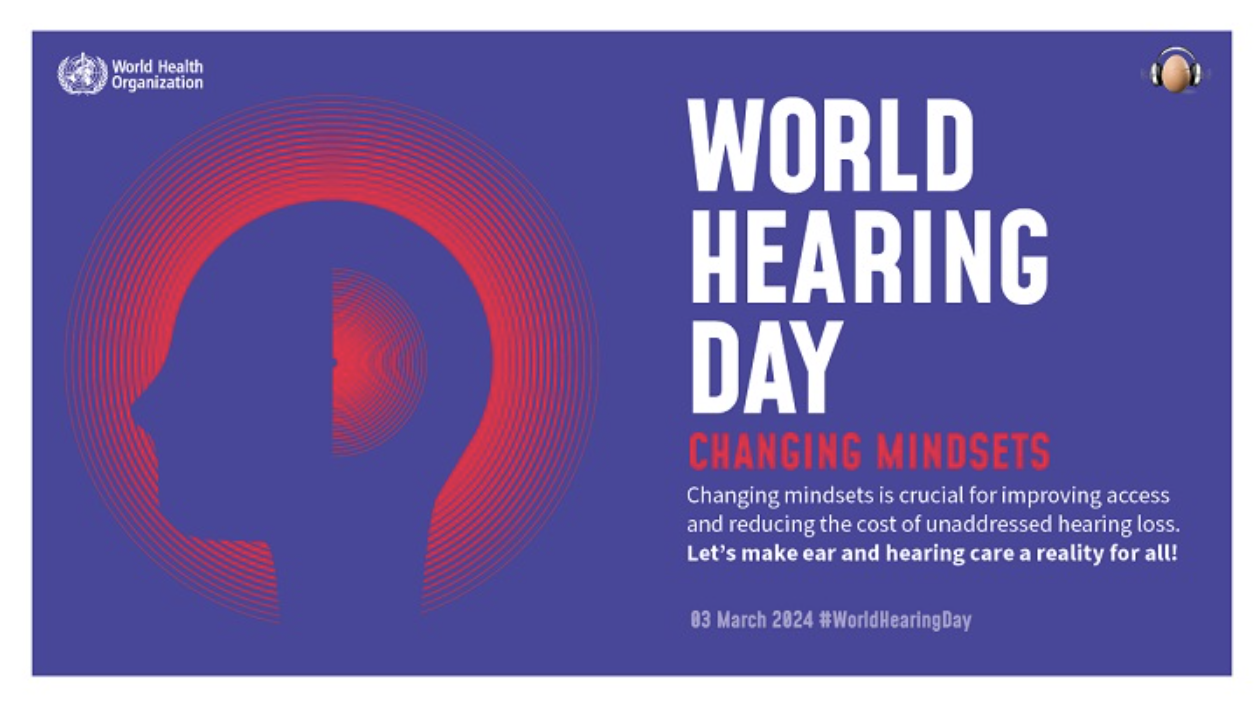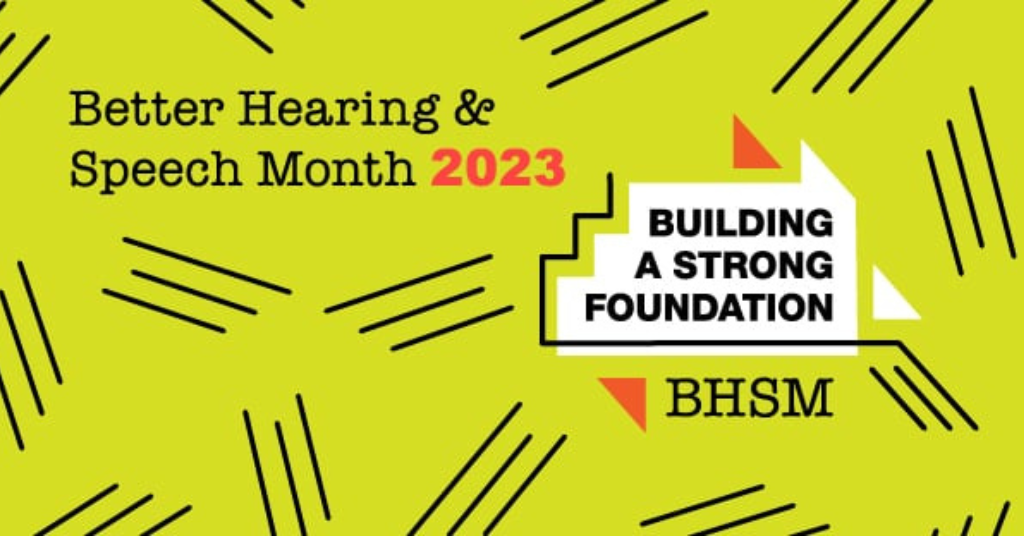
Ask Anna: What is the Phonak myCall-to-text app?
February 26, 2019
Yoga and meditation classes are challenging with hearing loss
February 28, 2019Is hearing loss a disability or challenge?

Is hearing loss a disability or challenge? Depends on who you ask.
Hearing loss can be abstract to anyone with perfect hearing. This is understandable, because it’s one of those things you have to experience to understand.
Medical classification
Even those in the medical profession have trouble with the definition. Most health professions outside of hearing specialties have limited experience with hearing loss, unless affected on a personal level.
Ask the average nurse or doctor what hearing loss is and they’ll usually explain that it is a disability where the person in question is disabled because of hearing loss.
But if you ask the average person with hearing loss about his or her experience, you won’t necessarily hear anything about s/he being disabled. Often we consider it a challenge – something to rise above, not a thing to be categorized.
Medically speaking, of course hearing loss has to come under some form of classification. After all, medicine is all about the diagnosis of symptoms and the prescription of treatments.
Individual experience
However, this perspective is impersonal and a somewhat “one size fits all” type of standardization. It fails to take into account the uniquely individual experience of those on the front line of deafness with a lowercase “d.”
“Hearing loss really is different from person to person. In fact, it can be as different as the hearing aids that are prescribed.”
Some people have an almost seamless transition from being diagnosed and becoming a hearing aid wearer. They move smoothly through the various processes, coming out the other side with greatly improved hearing and are none the worse for their journey.
At the other end of the spectrum are folks who struggle with their loss. Some even fail to integrate their hearing with the hearing aid experience, resulting in aids thrown in the back of a drawer.
Most of us fall somewhere in between these two extremes; each of us has our own particular story to tell. But there is one question which begs an answer. Do we view ourselves as disabled or as challenged individuals? A good question that perplexes me when I think about it, as it’s a complex issue.
My experience
In terms of my experience, I don’t think of myself as disabled in any way, shape, or form. Challenged? Yes. My hearing aids can be very challenging from time to time. Mostly I get along pretty well and enjoy life far more than I did when I was struggling with my hearing loss.
But life is never simple. I live in the UK and am happy to have been given a railcard which offers me a good discount on train journeys. Who doesn’t enjoy discounted travel? The railcard is called “The Disabled Person’s Railcard,” which causes me to occasionally rethink my position.
If society considers me to be disabled and I go against this perception, I could be the one who suffers. Who comes off worse in the end?
Or what if I told my health professionals that I was not disabled and refused treatment on that principle? I think the term would be “cutting my nose off to spite my face.”
So where does this leave me? Not in an easy place. I have no choice but to allow mainstream hearing society to dictate how I am viewed.
I don’t have to carry the railcard. After all, it is something I applied for. In doing so, I had to prove I had a disability.
I don’t see this subject as being a kind of platform for reform or a soapbox to stand on and shout about rights and other issues. My aim is certainly not that, though of course these things are very important.
Defying labels
My reason for taking the time to write about this is to bring out into the open this kind of double edged sword those of us with hearing loss struggle with. Like it or not, we can’t ignore it by sitting on some metaphorical fence and hoping it goes away.
Labels will continue to be applied as long as hearing people continue to be unaware of not only how we feel, but also of how our different experiences color our individual hearing loss journeys.
Read more: Celebrating the diversity of deafness
That said, the real onus is still on me, you, and everyone else who has hearing loss. It’s how we choose to see ourselves and how we behave that really counts.
How do you describe yourself and why?



